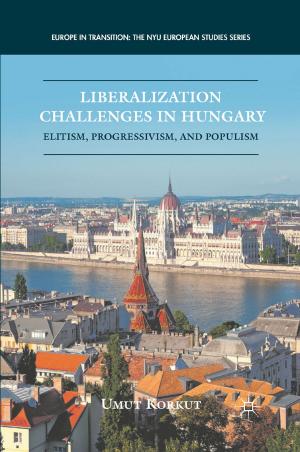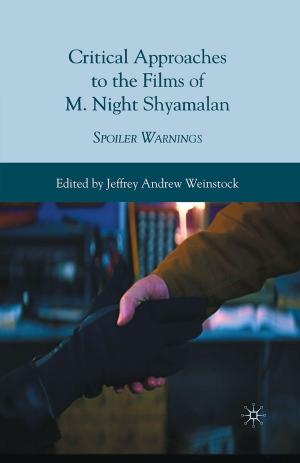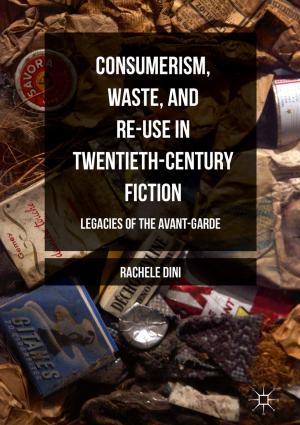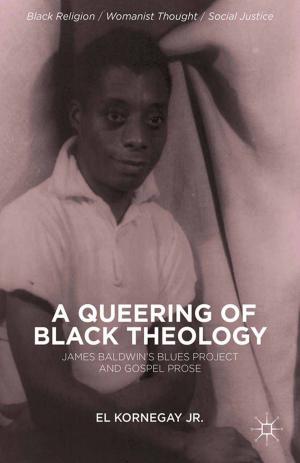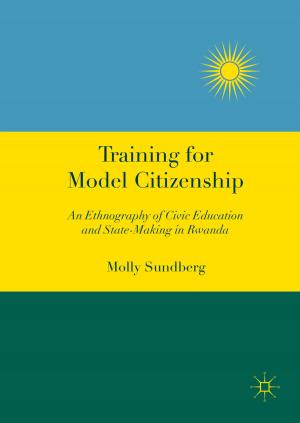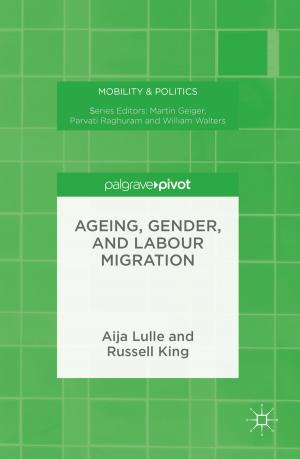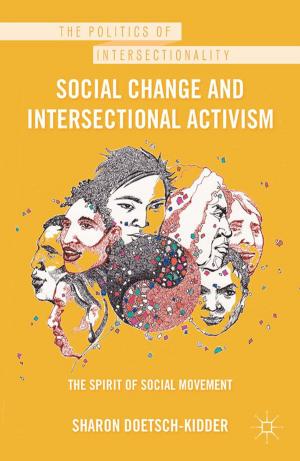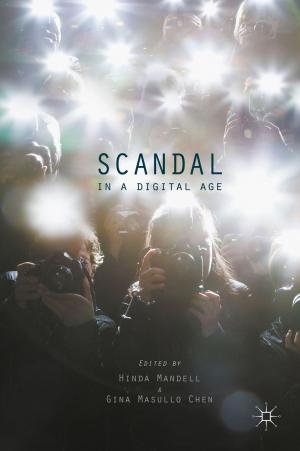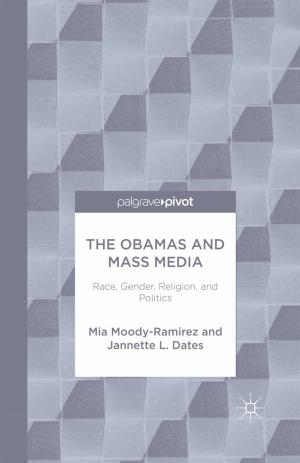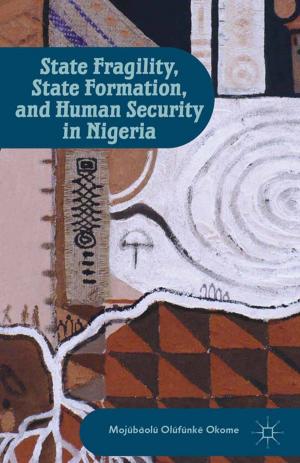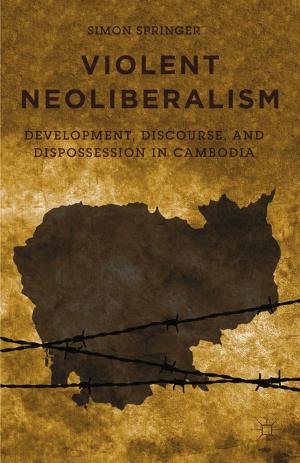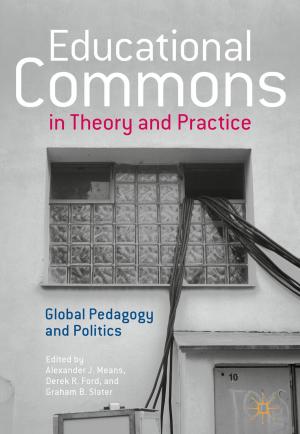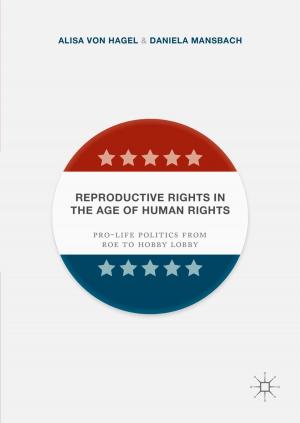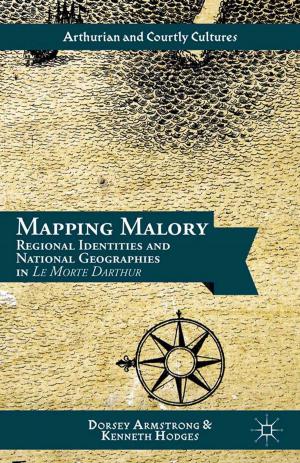Human Rights and Literature
Writing Rights
Nonfiction, Social & Cultural Studies, Political Science, Government, Social Policy, Fiction & Literature, Literary Theory & Criticism| Author: | Pramod K. Nayar | ISBN: | 9781137504326 |
| Publisher: | Palgrave Macmillan US | Publication: | November 23, 2016 |
| Imprint: | Palgrave Macmillan | Language: | English |
| Author: | Pramod K. Nayar |
| ISBN: | 9781137504326 |
| Publisher: | Palgrave Macmillan US |
| Publication: | November 23, 2016 |
| Imprint: | Palgrave Macmillan |
| Language: | English |
Set at the intersection of Human Rights, social justice and Literature, this cutting edge book examines a range of literary texts, fiction, plays and poetry, and through them considers representations of Human Rights and their violations. Examining violated bodies and subjects, the settings and environments in which these are embedded and the witnessing of atrocities, it considers how the ‘subject’ (or ‘person’ of Human Rights) emerges within fiction or poetry. Structured so as to move outward from the individual body to the world, the study progresses from the preconditions or settings for Human Rights violations through to atrocity, from witnessing to the making of a specific kind of public around traumatic recall. It addresses representations of destroyed corporeality and subjectivity, the violations and dissolution of the subject and the construction of trauma-memory citizenship to the making of communities of mourning. Through a broad study of texts from different genres, this text reveals how Literature both documents the basic human aspirations of happiness, security and hope, but also the limitations and the violations of these aspirations.
Set at the intersection of Human Rights, social justice and Literature, this cutting edge book examines a range of literary texts, fiction, plays and poetry, and through them considers representations of Human Rights and their violations. Examining violated bodies and subjects, the settings and environments in which these are embedded and the witnessing of atrocities, it considers how the ‘subject’ (or ‘person’ of Human Rights) emerges within fiction or poetry. Structured so as to move outward from the individual body to the world, the study progresses from the preconditions or settings for Human Rights violations through to atrocity, from witnessing to the making of a specific kind of public around traumatic recall. It addresses representations of destroyed corporeality and subjectivity, the violations and dissolution of the subject and the construction of trauma-memory citizenship to the making of communities of mourning. Through a broad study of texts from different genres, this text reveals how Literature both documents the basic human aspirations of happiness, security and hope, but also the limitations and the violations of these aspirations.

